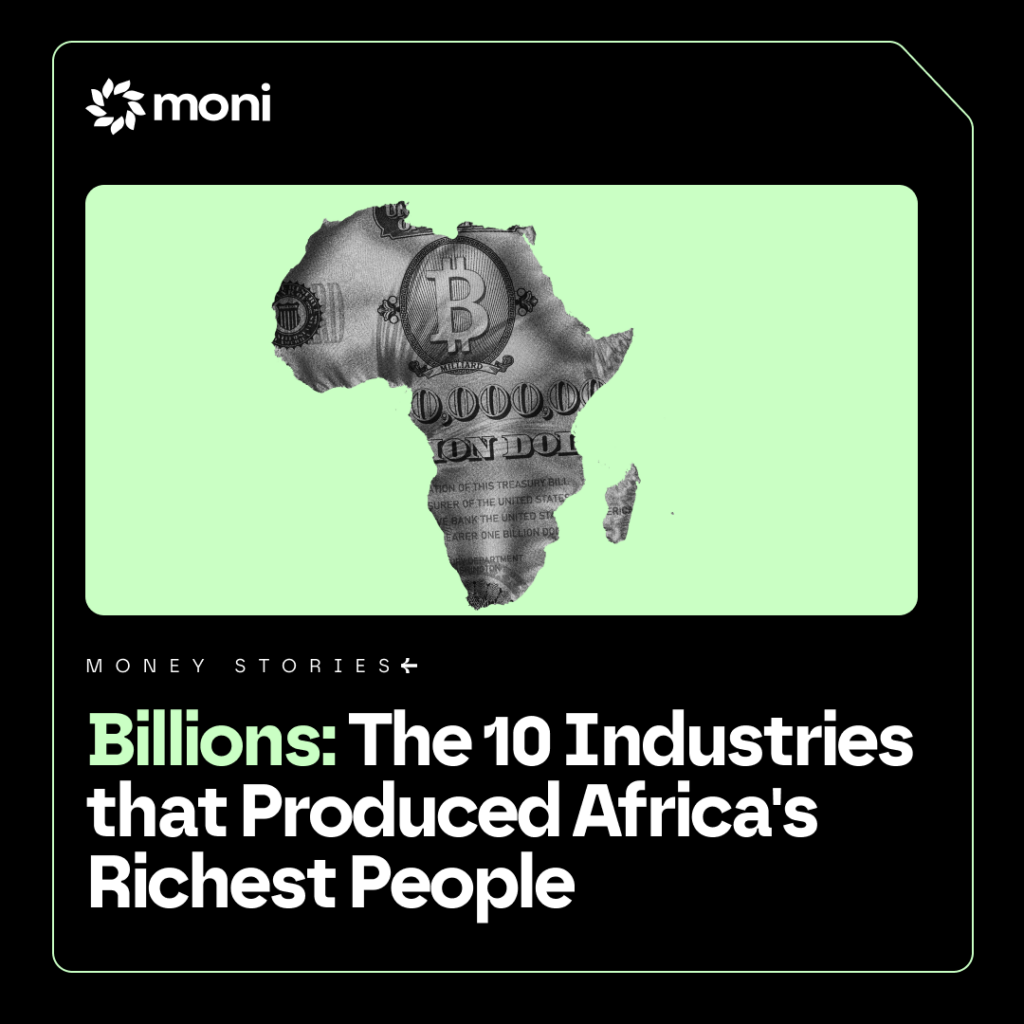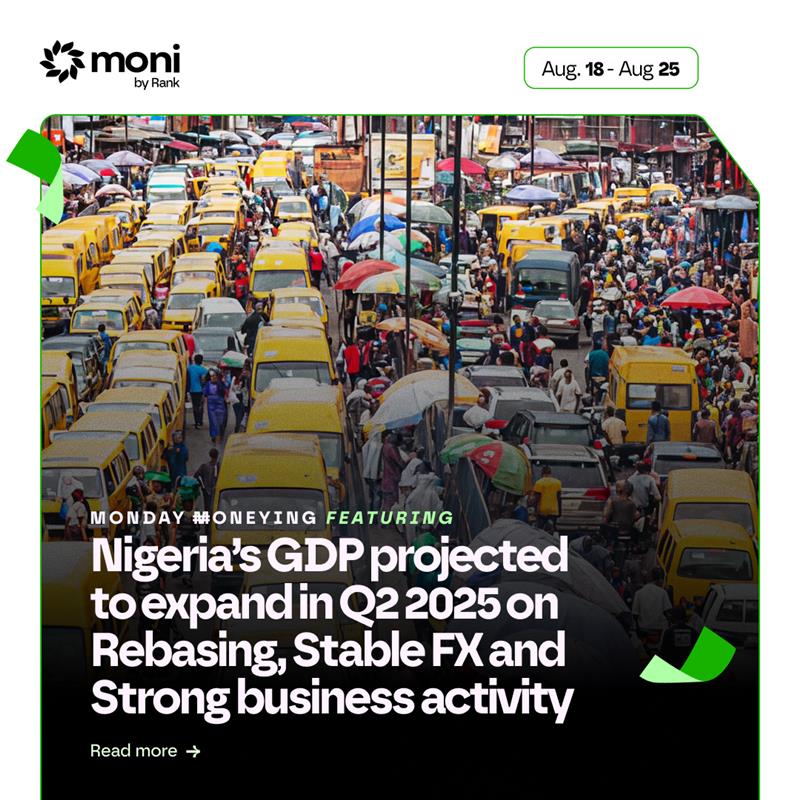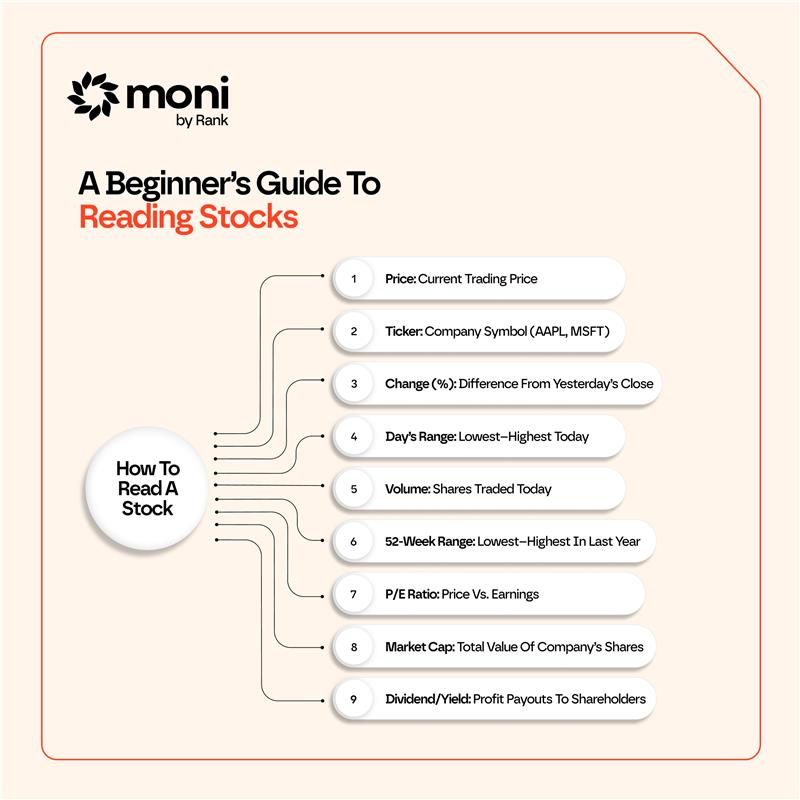
In 2024, the number of billionaires globally reached a record high of 2,781, with a combined wealth of $14.2 trillion. That’s double the billionaire wealth of 2015, just under a decade of unprecedented financial transformation fueled by rapid innovation, sectoral growth, and the rise of new economic powerhouses. What’s at the center of this shift? A handful of industries proven to be the most consistent creators of billionaire wealth.
From manufacturing and technology to finance, healthcare, andfashion & retail, these sectors have powered the rise of the world’s wealthiest. And while much of the spotlight has been on global tycoons in Silicon Valley or Wall Street, Africa has quietly had a banner year.
In 2025, Africa’s 22 billionaires amassed a combined wealth of $105 billion — the highest on record. Despite challenges like inflation, currency instability, and tough market environments, African entrepreneurs continue to carve out significant fortunes, often from industries that are deeply tied to the continent’s unique economic context.
So, what industries are actually driving Africa’s billionaire success stories?
The Top Money-Making Industries Globally
A look at global billionaire trends from 2014 to 2024 reveals where the real money is being made:
| Rank | Industry | New Billionaires (2014–2024) |
| 1 | Manufacturing | 509 |
| 2 | Technology | 443 |
| 3 | Finance & Investments | 353 |
| 4 | Fashion & Retail | 318 |
| 5 | Healthcare | 284 |
| 6 | Food & Beverage | 277 |
| 7 | Real Estate | 228 |
| 8 | Diversified | 206 |
| 9 | Media & Entertainment | 110 |
| 10 | Automotive | 101 |
These industries, according to the Knight Frank Wealth Report, have created the highest number of billionaires over the last decade.
What’s particularly notable is the explosive rise of the tech sector. In 2015, tech billionaires were collectively worth $788.9 billion. By 2024, their wealth had tripled to $2.4 trillion, with nine tech billionaires each exceeding $50 billion in net worth—more than any other industry.
But while tech dominates global wealth rankings, manufacturing still leads in billionaire headcount, thanks to global industrial expansion and the continued demand for goods and infrastructure.
Africa’s Billionaires and the Sectors that Fueled their Fortunes
In 2025, Africa’s richest 22 individuals increased their cumulative wealth by more than $22 billion in just one year. This growth happened despite major obstacles: currency devaluations, unstable governance in some regions, and infrastructure gaps. Still, these entrepreneurs have found ways to build massive fortunes.
Let’s take a look at Africa’s Top 10 Billionaires in 2025 and the industries that catapulted them into wealth:
| Rank | Name | Net Worth | Country | Industry |
| 1 | Aliko Dangote | $23.9 B | Nigeria | Manufacturing |
| 2 | Johann Rupert & family | $14 B | South Africa | Fashion & Retail |
| 3 | Nicky Oppenheimer & family | $10.4 B | South Africa | Metals & Mining |
| 4 | Nassef Sawiris | $9.6 B | Egypt | Construction & Engineering |
| 5 | Mike Adenuga | $6.8 B | Nigeria | Diversified |
| 6 | Abdulsamad Rabiu | $5.1 B | Nigeria | Diversified |
| 7 | Naguib Sawiris | $5 B | Egypt | Telecom |
| 8 | Koos Bekker | $3.4 B | South Africa | Media & Entertainment |
| 8 | Mohamed Mansour | $3.4 B | Egypt | Diversified |
| 10 | Patrice Motsepe | $3 B | South Africa | Metals & Mining |
Where Africa’s Billionaires Made Their First Billion
Africa’s richest individuals may now be diversified across multiple sectors, but their first billion often came from highly specific industries. Let’s take a closer look at the top 10 African billionaires in 2025 and the industries where their first fortunes were made.
1. Aliko Dangote – Manufacturing (Cement & Sugar)
Nigeria’s Aliko Dangote is Africa’s richest man — again. While his $23.9 billion fortune now includes his massive new oil refinery, his first billion came from cement. Dangote Cement, which dominates West Africa’s construction sector, was the foundation of his wealth. Prior to that, he built up distribution networks for sugar, salt, and flour, but it was cement that pushed him into billionaire territory.
2. Johann Rupert – Luxury Retail
South Africa’s Johann Rupert, worth $14 billion, made his first billion in the luxury fashion and retail industry. His company Richemont owns iconic brands such as Cartier and Montblanc. Rupert’s entry into global wealth came through building and expanding high-end consumer goods, primarily catering to Europe, Asia, and North America.
3. Nicky Oppenheimer – Mining (Diamonds)
Oppenheimer inherited a stake in De Beers, the global diamond giant, but his first billion was carved from the mining industry, specifically diamonds. The Oppenheimer family controlled De Beers for decades before selling their 40% stake to Anglo American in 2012. That sale cemented Nicky’s billionaire status.
4. Nassef Sawiris – Construction & Fertilizers
Egypt’s Nassef Sawiris entered the billionaire club through construction and engineering, notably with his stake in Orascom Construction Industries. He later expanded into chemicals and fertilizers, with OCI N.V. becoming a leading global producer. His early wealth came from capitalizing on Egypt’s infrastructure boom and then exporting fertilizer globally.
5. Mike Adenuga – Telecoms
Adenuga made early moves in oil through Conoil, but his first billion came from Nigeria’s booming telecom industry, particularly through his company Globacom. Glo disrupted the Nigerian mobile market by offering lower prices and extensive coverage, quickly capturing millions of subscribers.
6. Abdulsamad Rabiu – Cement & Sugar (Manufacturing)
Like Dangote, Rabiu made his first billion through manufacturing, focusing on cement and sugar. His company, BUA Group, began with a focus on importing raw materials, before pivoting to full-scale manufacturing—particularly in cement production, which became the main driver of his billionaire status.
7. Naguib Sawiris – Telecommunications
The older brother of Nassef, Naguib Sawiris earned his first billion through telecoms. His company Orascom Telecom expanded rapidly across Africa, the Middle East, and even North Korea. His bold moves into underserved markets made him one of Africa’s most high-profile tech billionaires in the early 2000s.
8. Koos Bekker – Media & Internet
South African billionaire Koos Bekker is best known for his visionary move into digital media. His company Naspers transformed from a traditional media firm into an internet powerhouse after investing in Chinese tech giant Tencent. But Bekker’s first billion was made in African satellite TV and print media, before his gamble on global tech paid off.
9. Mohamed Mansour – Automotive Distribution
Egyptian businessman Mohamed Mansour made his first billion by distributing cars for General Motors in Egypt. His family’s conglomerate, the Mansour Group, expanded from automotive into everything from consumer goods to real estate, but auto distribution remains the root of his original fortune.
10. Patrice Motsepe – Mining (Gold & Precious Metals)
Motsepe became South Africa’s first Black billionaire by founding African Rainbow Minerals, a mining company focused on gold and other minerals. He entered mining during the post-apartheid Black Economic Empowerment era, acquiring low-producing mines and turning them around, earning his first billion through strategic gold mining investments.



